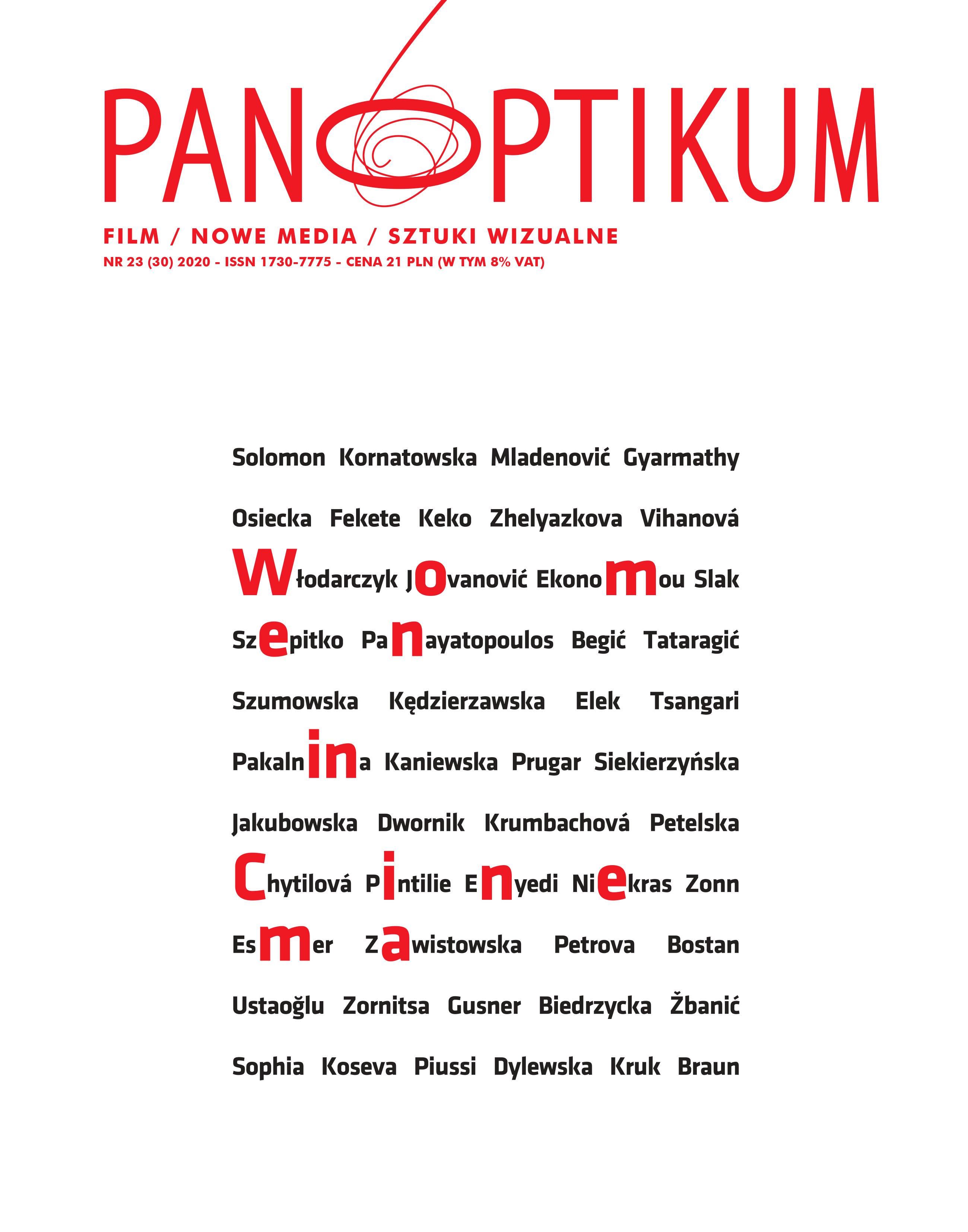Women’s Place in Film History: the Importance of Continuity
DOI:
https://doi.org/10.26881/pan.2020.23.01Słowa kluczowe:
women’s cinema, film festival circuit, global cinema, author’s policyAbstrakt
The author calls for continuity and continuation of the study of women’s cinema. Attention is drawn to the blurring of memory and even erasing women from the history of national film industries. They are not recognised as authors, while the history of cinema has been subject to the concept of the auteur film-maker. The filmmakers are made through the commitment and work of film critics and then cinema historians. The expert does not hide the fact that those relationships are strengthened by bonds of friendship, without the fear of being accused of having a lack of objectivity, and are often associated with the support of the author on the international festival circuit. The author calls for ‘watching across borders’, i.e. a supranational approach to the study of women’s cinema. Crossing the borders of national cinemas, in which the authors have not been recognised, allows a broader perspective to see the critical mass of the authors of world cinema. Politically, for the feminist cause, it is better to talk about European women’s cinema. Iordanova selects from the history of Central and Eastern European cinema, the names of authors who did not receive due attention. Moreover, she proposes specific inclusive and corrective feminist practices: the inclusion of filmmakers in the didactics, repertoires of film collections and festival selections; a commitment to self-study by watching at least one woman’s film a week.
Downloads
Bibliografia
Aller-Retour: Dialogue entre un critique et un cineaste, dir. Benoît Jacquot, 2017.
Be Natural: The Untold Story of Alice Guy-Blache, dir. Pamela Green, 2018.
English, J. (2005). The Economy of Prestige: Prizes, Awards, and the Circulation of Cultural Value. Cambridge: Harvard University Press.
Hjort, M. (2005). Small Nation, Global Cinema: The New Danish Cinema. Minneapolis: University of Minnesota Press.
Iordanova, D. ‘Hic Rhodus, Hic Salta: The Time for Change is Now,’ The Community of Practice, Available: https://www.cetl.hku.hk/teaching-learning-cop/hic-rhodus-hic-salta- the-time-for-change-is-now/ [access: 10.11.2019].
Naficy, H. (2001). An Accented Cinema: Exilic and Diasporic Filmmaking. Princeton: Princeton University Press.
Segui, I. (2018). ‘Auteurism, Machismo-Leninismo, and Other Issues: Women’s Labor in Andean Oppositional Film Production. Feminist Media Histories, vol. 4, no. 1.
White, P. (2015). Women’s Cinema, World Cinema: Projecting Contemporary Feminisms. Durham: Duke University Press.

 Uniwersyteckie Czasopisma Naukowe
Uniwersyteckie Czasopisma Naukowe









